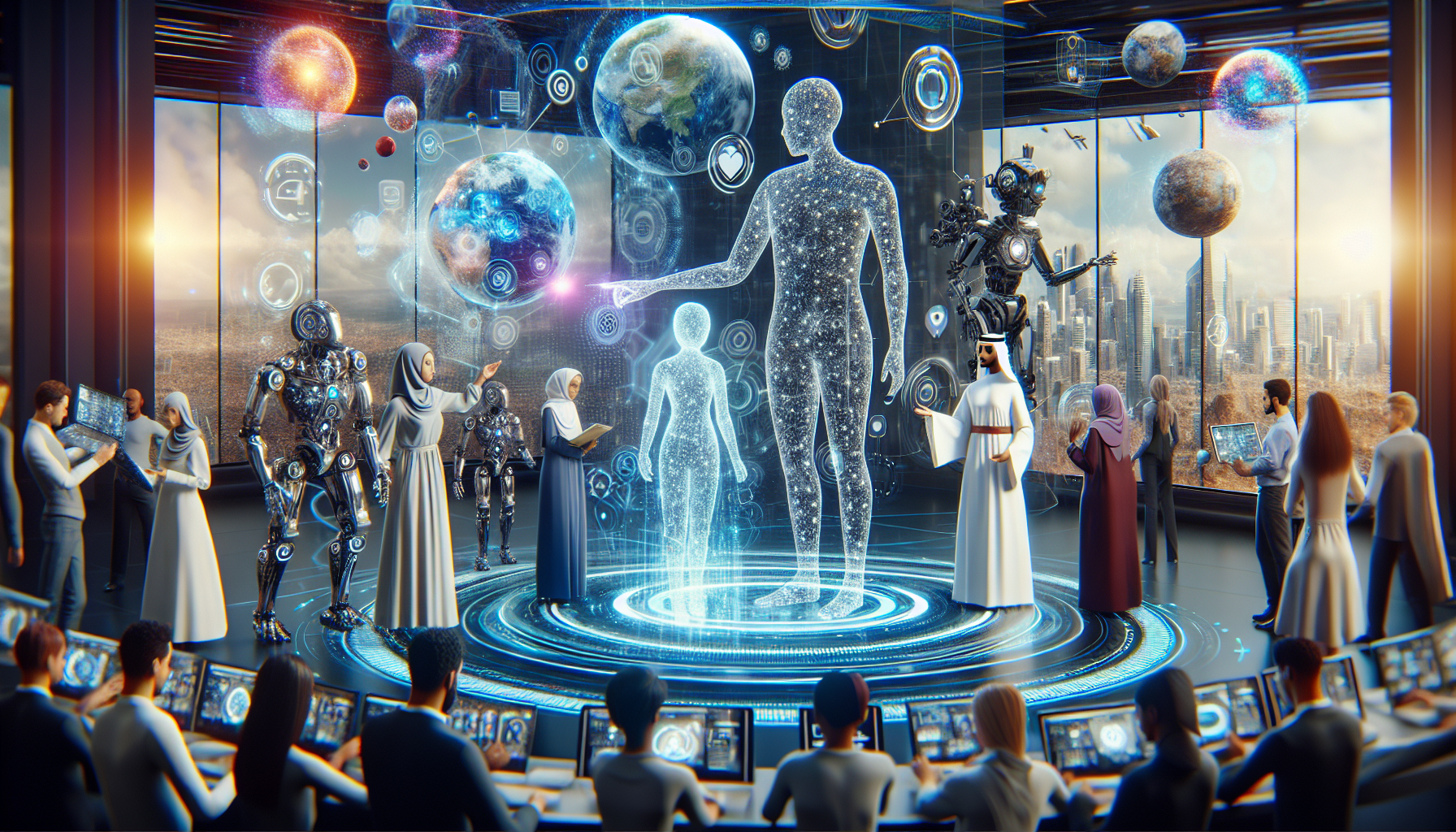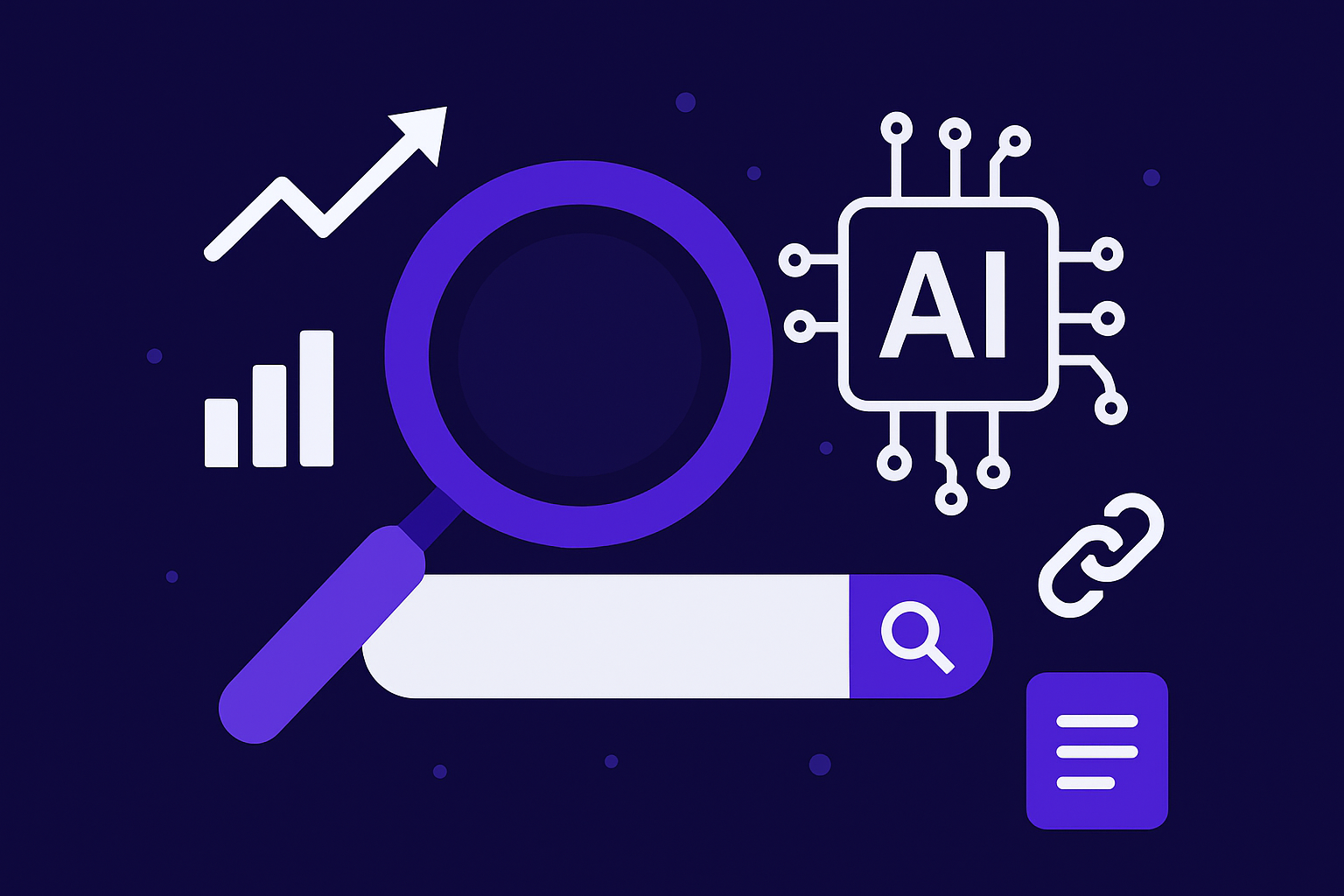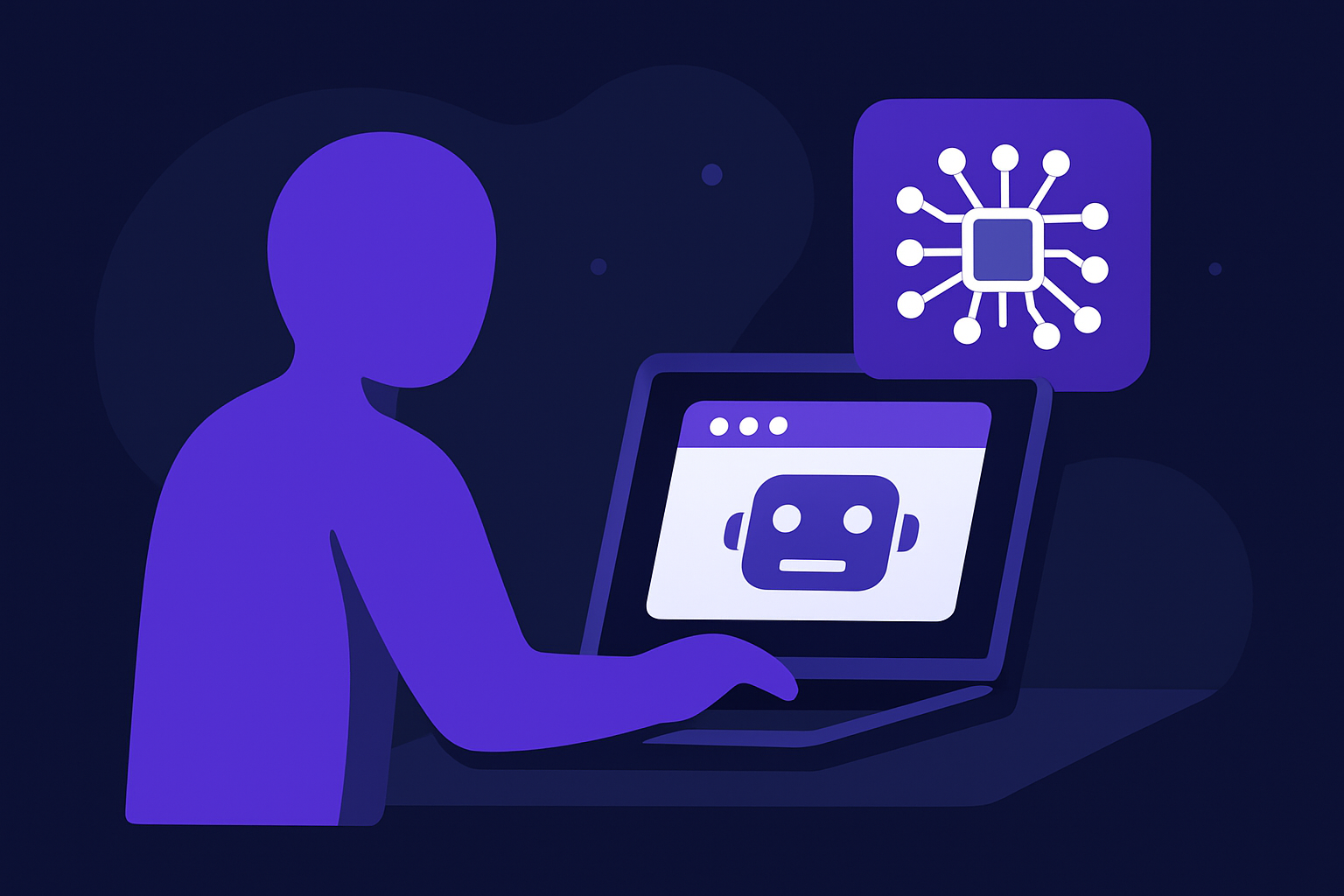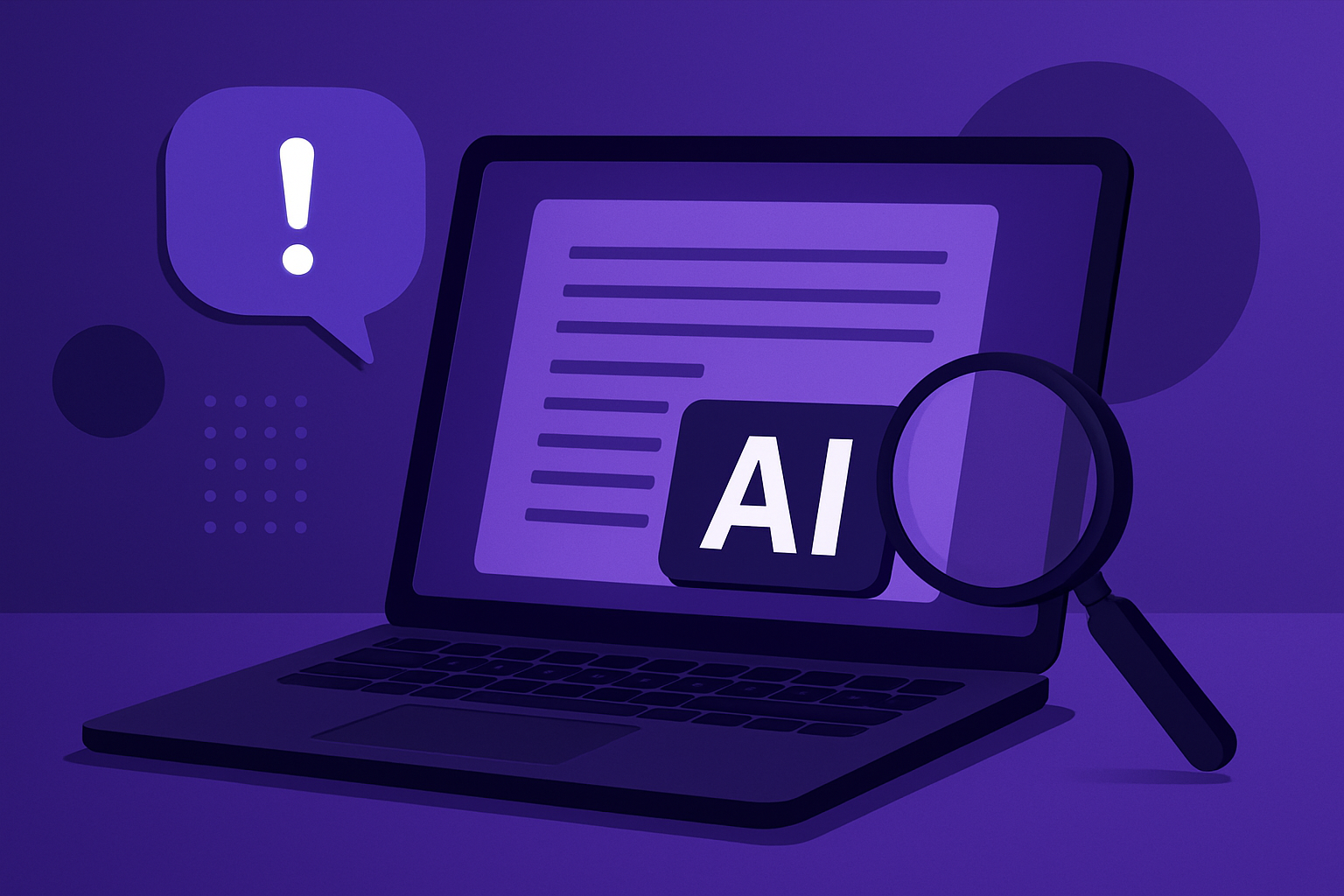Artificial Intelligence (AI) content generators are revolutionizing the way content is created in various industries. These advanced algorithms have the ability to produce high-quality and engaging content in a fraction of the time it would take a human writer. As AI technology continues to evolve, it raises important questions about the future of content creation and the impact it will have on writers and the industry as a whole.
The Rise of AI Content Generators
AI content generators have become increasingly popular among businesses and content creators due to their efficiency and cost-effectiveness. These tools use natural language processing and machine learning algorithms to generate content that is indistinguishable from that written by humans. For companies looking to scale their content production or save time on writing tasks, AI generators offer a valuable solution.
While some may argue that AI content lacks the creativity and personal touch of human writers, advancements in AI technology have made it possible to generate highly customized and engaging content tailored to specific audiences. This versatility has led to a wider adoption of AI content generators across different industries.
Enhancing Productivity and Efficiency
One of the key benefits of using AI content generators is the significant boost in productivity and efficiency they provide. These tools can create a large volume of content in a short amount of time, freeing up human writers to focus on more strategic tasks. By automating the content creation process, businesses can streamline their operations and deliver content at a much faster pace.
Moreover, AI content generators can help maintain consistency in tone and style across all content produced, ensuring a cohesive brand identity. This level of consistency is often challenging to achieve with a team of human writers, making AI generators a valuable asset for content creators striving for quality and uniformity.
Challenges and Limitations
Despite their numerous advantages, AI content generators also face challenges and limitations that need to be addressed. One of the main concerns is the potential lack of originality in AI-generated content, as these tools rely on existing data and patterns to create new material. This can lead to issues with plagiarism and duplicate content, which may harm a brand's reputation.
Furthermore, AI content generators may struggle with understanding nuanced language, cultural references, and context, which can result in inaccuracies or inappropriate content. Human oversight is still required to ensure that the output generated by these tools meets the desired standards and complies with ethical guidelines.
The Future of Content Creation
As AI technology continues to advance, the future of content creation is likely to be heavily influenced by AI content generators. These tools will play a significant role in shaping how content is produced, distributed, and consumed across various platforms. Content creators will need to adapt to this changing landscape and find ways to leverage AI technology to enhance their creative processes.
While AI content generators offer unprecedented levels of efficiency and scalability, human creativity and critical thinking will remain essential in crafting meaningful and impactful content. Finding the right balance between AI-generated content and human-generated content will be crucial in maintaining authenticity and relevance in the digital age.
AI content generators are transforming the content creation landscape by offering unmatched speed, efficiency, and scalability. While they present opportunities for businesses to streamline their operations and deliver content at scale, challenges such as originality and accuracy need to be addressed. The future of content creation will likely involve a symbiotic relationship between AI technology and human creativity, where each complements the strengths of the other to produce engaging and authentic content.
As AI continues to evolve, content creators will need to embrace these advancements and adapt their strategies to stay relevant in an increasingly competitive digital environment. By harnessing the power of AI content generators responsibly and strategically, businesses can unlock new possibilities for innovation and creativity in content creation.













